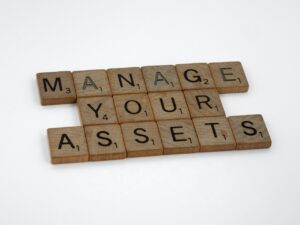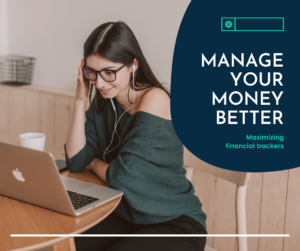
ABOUT THIS ARTICLE
Knowing the difference between real assets and real liabilities and then setting your financial goals accordingly can be the difference between getting yourself financially sorted or the poorhouse. It underlines the value of financial literacy in helping achieve your goals.
The difference between assets and liabilities
Written by R. A. Stewart
An asset is something which pays you money while an asset is something that costs you money.
So let’s look at some examples.
Is property an asset or a liability?
Some people may say it is an asset because it is something you own, however, if you owe money on that property and are not getting a return on it then it is a liability because it is costing you money.
Is it an asset if you are receiving rent from that property?
Only if you are making a profit.
Some people would not agree saying, “The property is increasing in value over time.”
Lets not forget there are rates to pay plus maintenance costs and insurance to pay on that property so it could be costing you money in the long term but you will have to sit down and do your homework.
Other investment times are less complicated such as the sharemarket so lets look at other investment types which are assets.
Assets
Your retirement fund
Mutual Funds, also known as managed funds
Other investments
Business or farm
Learn to invest your money in items that can be quickly converted back to cash; some investments do not allow you to quickly turn the asset back into cash without jumping through several hoops.
Liabilities
Any item which has money owed on it and this is your form of transport, however there are circumstances where it may be an asset such as if the vehicle is used as a taxi, which therefore makes it an asset as it is producing an income. Such costs and the money owing on the vehicle can be tax deductible. The same applies to any vehicle used in a business.
Even though a vehicle used for work and business purposes may be classed as an asset, the money owed on that vehicle is a liability and will go into the accounts as such.
The reason why so many people are in such a poor financial state is that they borrow for stuff instead of saving for it and therefore pay more for that item in the form of interest payments.
A pet can be classed as a liability if it is costing you an arm and a leg to keep. Think of a dog for example; I read somewhere that it costs $20,000 to keep a dog during its lifetime. That is not just the food but vet bills and the like. A dog can be classed as a liability.
Do a stock take
Before you know where your money is going you need to do a stock take of all your spending.Your number one priority has to be the elimination of debt and plug up those leaks in your spending that is costing you money. In this way you will know where to make savings and redirect that money elsewhere.
Your task needs to be to reduce liabilities which means reducing debt then once you have savings use it to build your wealth. This involves setting goals which will increase your wealth and not send you to the poorhouse.
There are a number of share market platforms where you are able to drip feed money into the markets. Take advantage of these as they are a great way to build your financial literacy.
ABOUT THIS ARTICLE
Accumulating assets instead of liabilities will lead to a more prosperous future. It is vital for investors to know the difference between the two. In this article Robert Stewart explains this difference. Check out his blog at www.robertastewart.com









